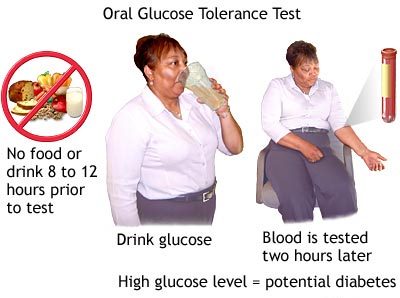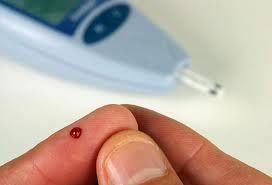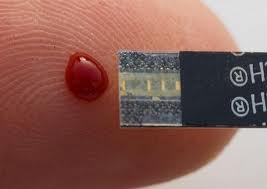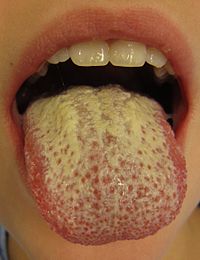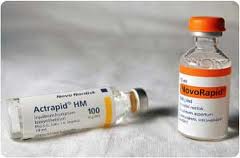People nowadays want to look slimmer. Everybody wants to have an ideal body weight. To many people, fashion dictates what weight they should be in. Slimmer people are thought to be sexier, have more choices on what to wear, have better self-esteem, and most importantly, more attractive and happy in their lives. The definition of being sexy differs from one race and culture to another. People have different perspectives about how they look and feel. Continue reading


